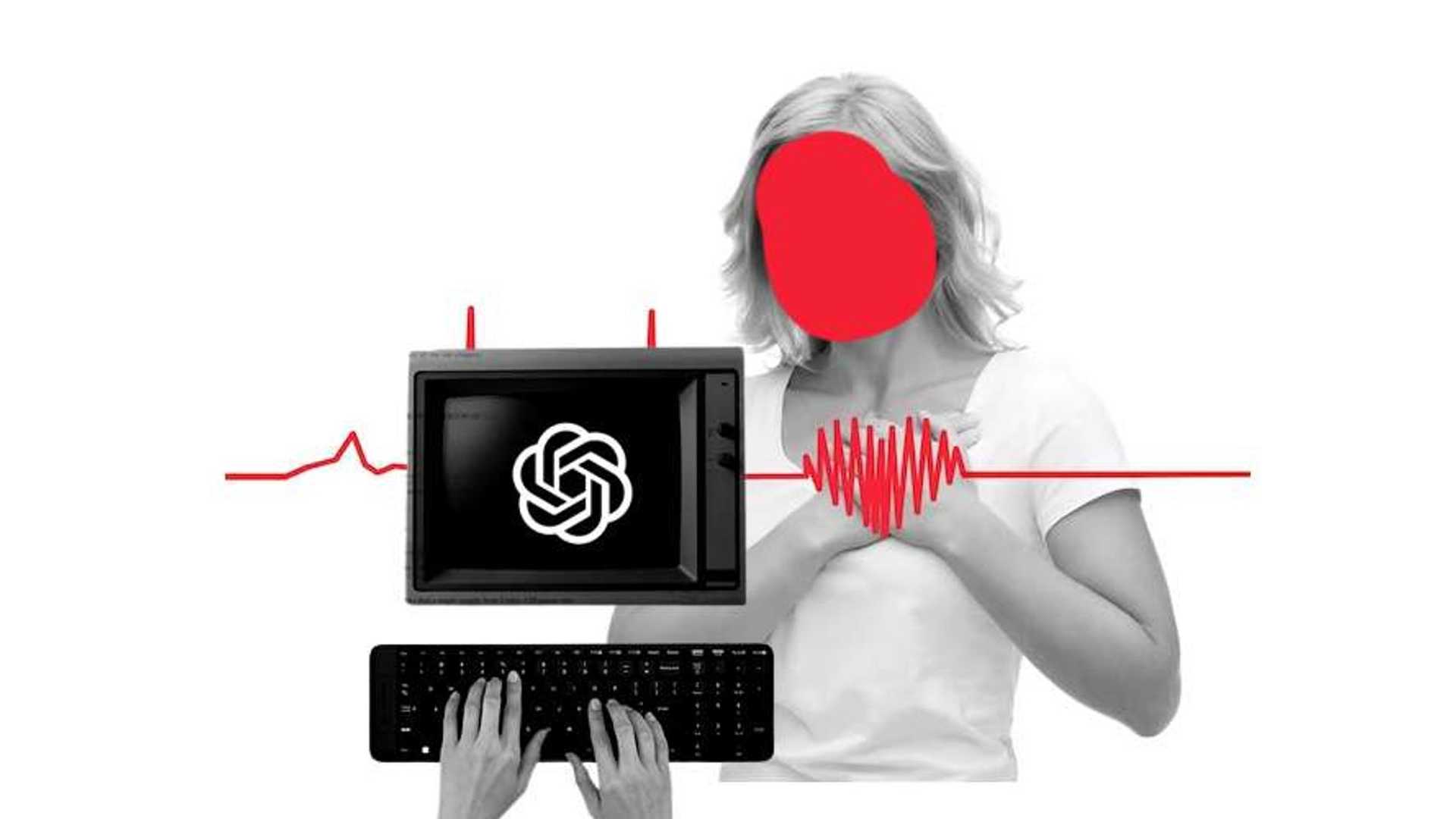ChatGPT in Healthcare Industry: Risks and Possibilities
The ChatGPT artificial intelligence (AI) chatbot has recently been updated to version 4. The healthcare industry is one of the sectors that can benefit from this technological advancement. While the development of true artificial general intelligence that can solve issues exactly like a human is still decades away, chatbots like ChatGPT can free up more time for doctor-patient engagement by helping with administrative activities like preparing patient letters. More significantly, chatbots have the potential to improve the accuracy and efficacy of post-recovery treatment, symptom diagnosis, and the administration of preventative care.
Patients can be inspired and engaged by chatbots and virtual aides that use AI. For example, AI can review a patient’s symptoms and offer diagnostic recommendations and choices like online check-ins or in-person consultations with a doctor. This can improve patient flow efficiency, lessen healthcare expenses, and lessen the strain on hospital employees. Chatbots can also be employed socially to improve patient involvement and provide guidance on how to maintain health following treatment. They can use automated reminders to recheck information and take prescriptions.
However, there are some ethical issues that come with using chatbots in patient care and medical research. As more and more patient data is loaded into machine learning to increase chatbot accuracy, patient information is exposed. In the healthcare industry, homomorphic encryption would be especially helpful. This enables users to do calculations on encrypted data without first decrypting it. Depending on the sources the chatbots are fed, the information they deliver may potentially be false or misleading. Such incorrect information could lower the standard of medical care.
Despite the risks, AI will be heavily utilized in the healthcare sector. It is anticipated that additional laws will be passed to control chatbots’ usage in the medical field. Future iterations of ChatGPT will have more accurate analytical and problem-solving capabilities due to the increased amount of data and information available.
In conclusion, ChatGPT has great possibilities in the healthcare industry, but its usage should be carefully monitored to avoid any potential risks. The healthcare industry should also prioritize finding ways to protect patient information while continuing to embrace technological advancements.




















